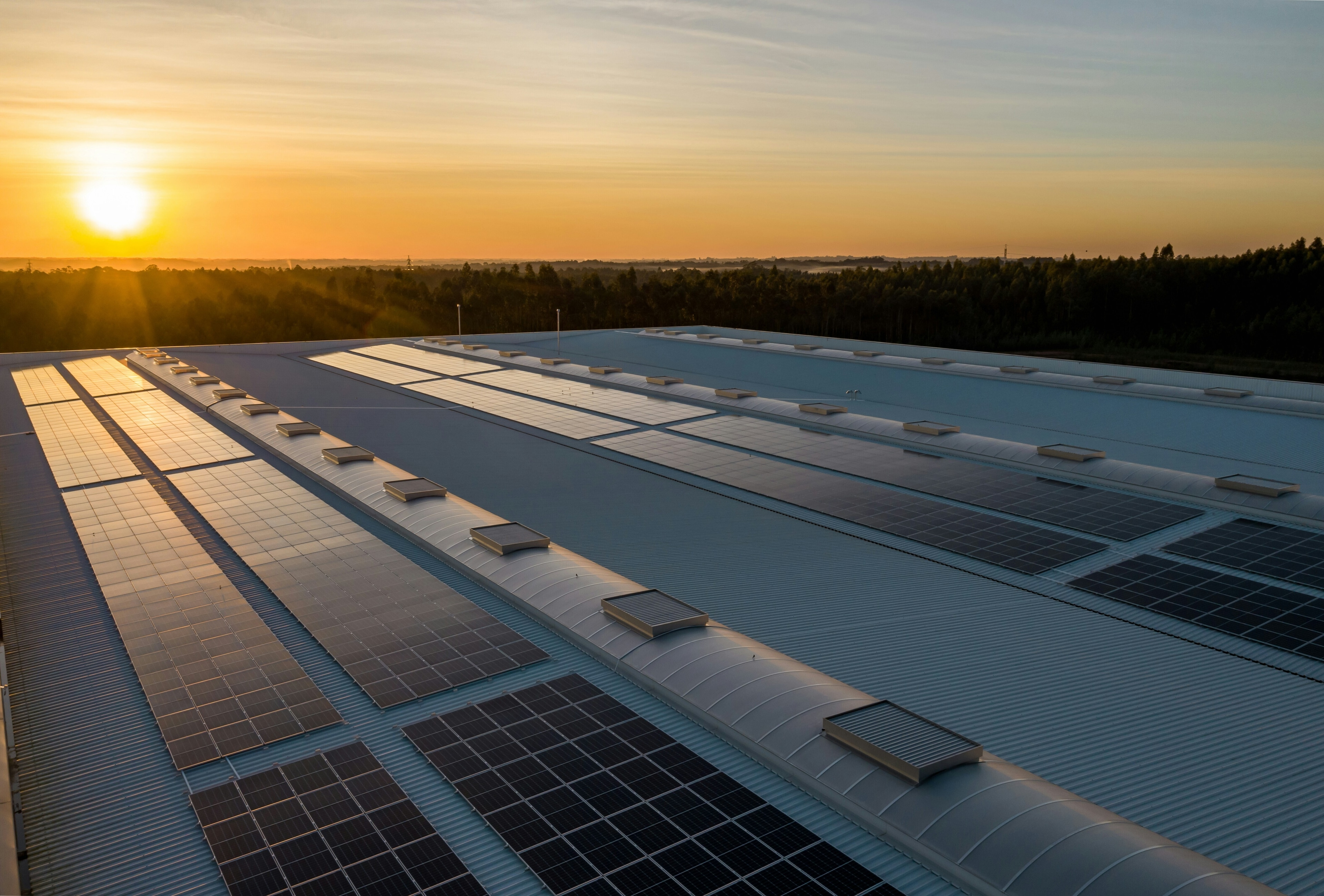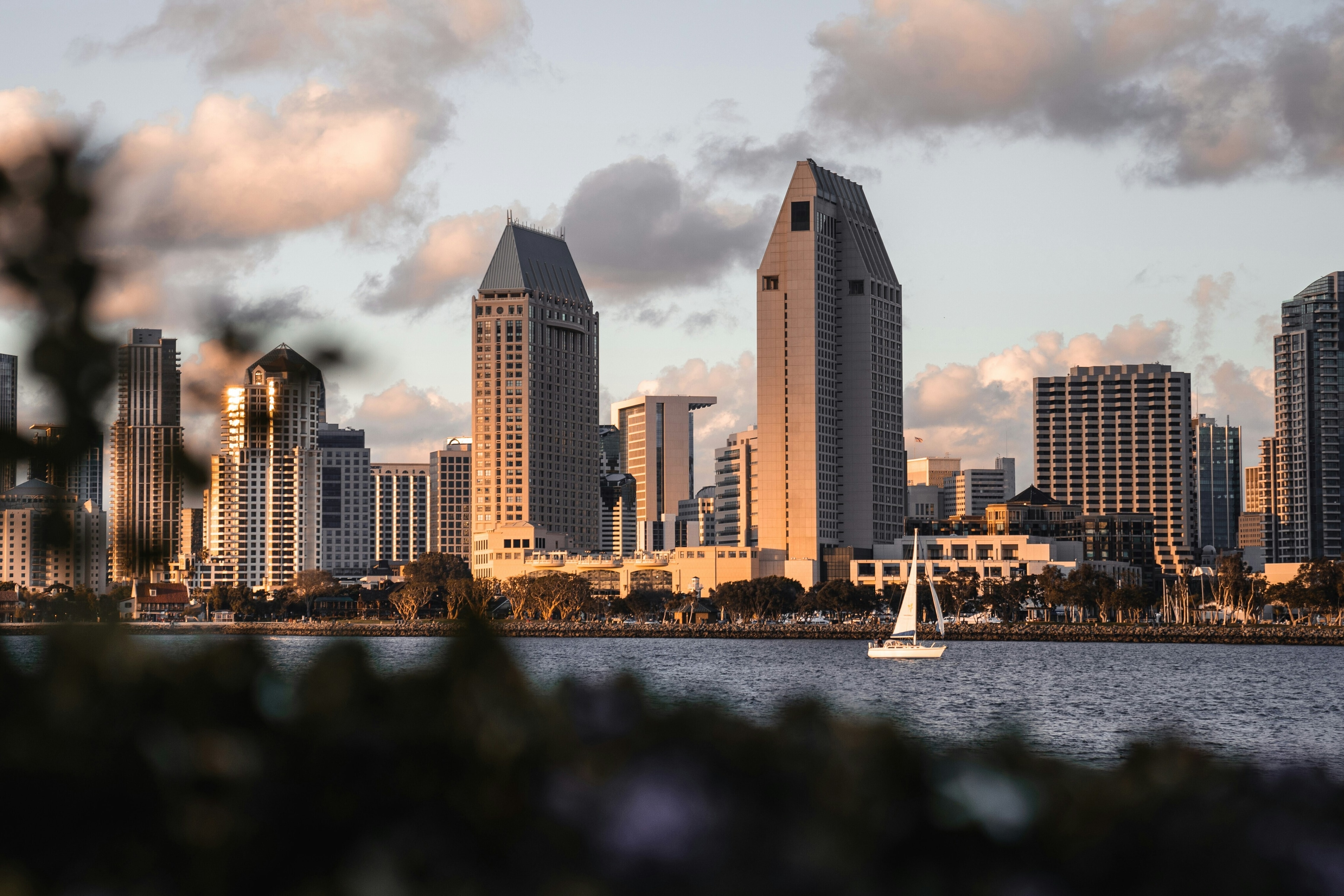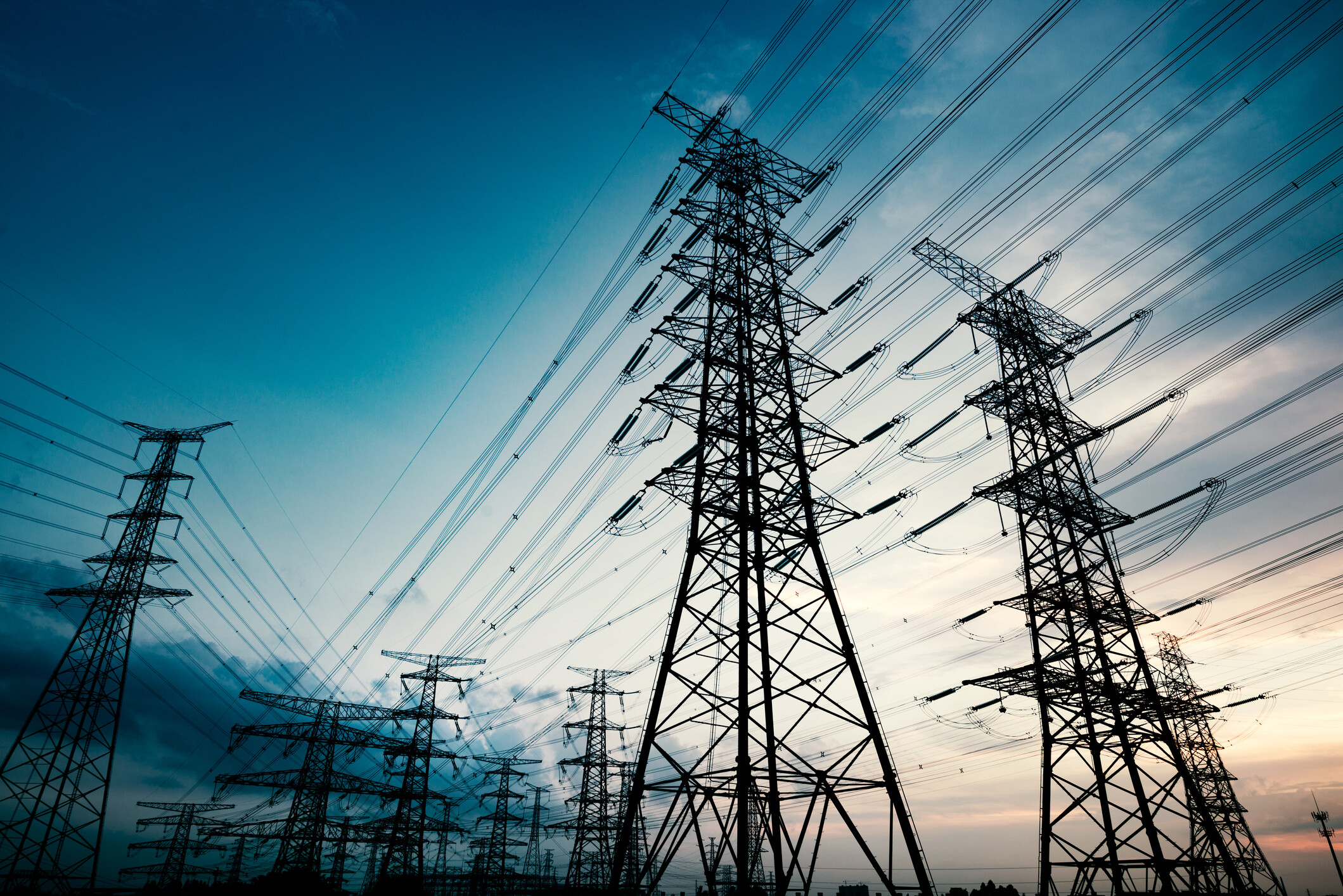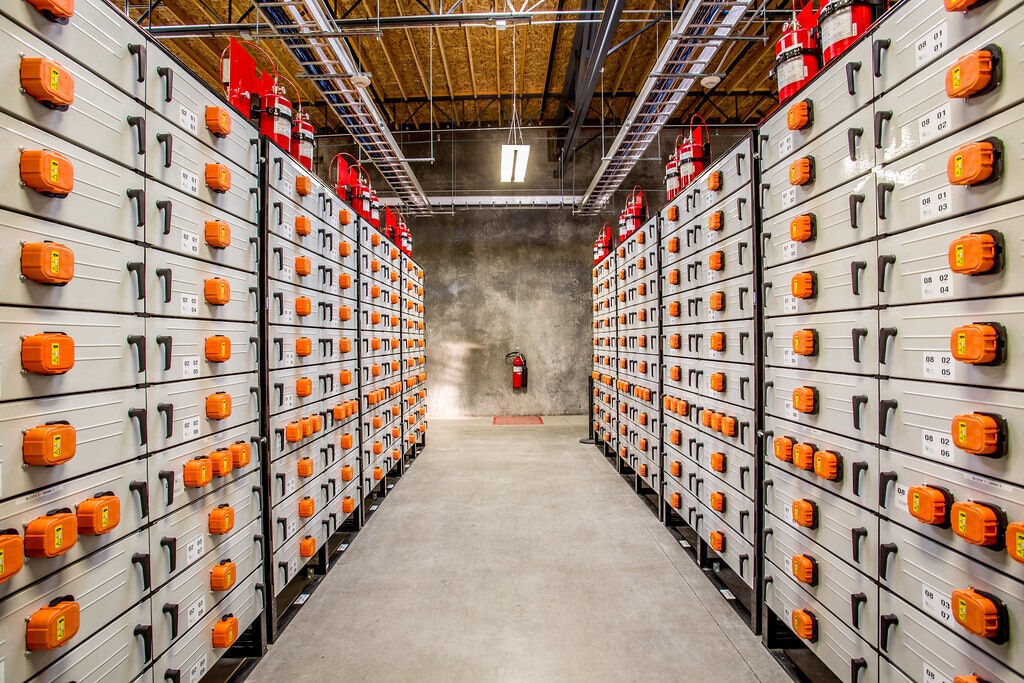The evolving dynamics of Asia-Middle East relations during the energy transition

Regional tensions risk the stability needed for business expansion and deepening Asia-Middle East relations for the energy transition. Image: Unsplash/Shaun Dakin

Get involved with our crowdsourced digital platform to deliver impact at scale
Stay up to date:
Bahrain
- Middle Eastern state-owned enterprises are making strategic investments in production infrastructure and IT technology, putting them ahead of Western oil conglomerates as the latter divest from fossil fuels.
- The Middle East capitalizes on its renewable resources to stay relevant in the global energy market, while Asia’s growth demands a rethink of energy relations and diminishing Western mediation influence.
- Recent oil price surges have increased revenues for Gulf Cooperation Council members, with economic surpluses being reinvested domestically. However, regional tensions risk the stability needed for business expansion and deepening Asia-Middle East relations.
Amid the looming spectre of climate change and the pressing need for an energy transition, the relationship between the Middle East and Asia is undergoing a significant transformation. Transitioning to clean energy is not a simple flip of a switch; it requires navigating a delicate path. Fossil fuels retain a crucial role even amidst the shift toward cleaner alternatives.
However, under pressure from stakeholders prioritizing environmental, social, and governance principles, Western oil conglomerates have begun divesting not only from traditional fossil fuel ventures but also from so-called “clean” energy sectors, such as natural gas, recognizing its classification as a fossil fuel.
In stark contrast, state-owned enterprises in the Middle East, exemplified by giants such as Saudi Aramco and ADNOC, have strategically invested in production infrastructure and cutting-edge IT technology, positioning themselves ahead of their Western counterparts in patent acquisition.
This strategy, often dubbed the “last man standing” approach, entails collectively capturing remaining market profits after high-cost competitors have exited. As the oil era gradually wanes, the pivotal role these companies must play becomes increasingly apparent.
The significance of fossil fuels during this transitional period was underscored by the European gas crisis triggered by the Ukrainian conflict.
Additionally, the Middle East’s geographical advantage in accessing renewable energy sources such as solar and wind power suggests that the region may maintain a central role in the energy market during the decarbonization era.
Meanwhile, Asia, with its burgeoning population and rapid development, stands as a key driver of future energy demand. While the West has often mediated historical relations between Asia and the Middle East, the emergence of Asia as a global growth centre is undeniable.
Redefining Asia-Middle East relations
Consequently, there is a growing imperative to reassess the relationship between these two regions. Amidst escalating power struggles for global hegemony, advocating for restructuring strategic supply chains is becoming increasingly common. However, the emergence of the most potent and efficient production networks outside Asia remains improbable.
Given the critical intersection of energy security and economic stability, fostering the future of relations between Asia and the Middle East demands strategic foresight. Leaders in both regions must prioritize strengthening ties across various sectors, from finance to manufacturing.
Particularly crucial is the financial sector, where US financial institutions have historically exerted significant influence. Overcoming this challenge entails the financial development of oil-producing Middle Eastern countries and the expansion of Asian financial institutions’ business horizons.
As the tides of change reshape the global energy landscape, the evolving dynamics of Asia-Middle East relations emphasize the imperative for strategic realignment and cooperation.
”The surge in oil prices has resulted in substantial windfalls for Saudi Arabia and other Persian Gulf producers.
This newfound wealth has facilitated the opening of new channels for economic advantage in the region. Concurrently, Arab oil-producing nations in the Gulf region amassed combined current account surpluses exceeding $300 billion in 2022, according to the International Monetary Fund.
Oil-exporting countries, notably the six members of the Gulf Cooperation Council, stand to earn an additional $1 trillion to $1.4 trillion in revenue over the next four to five years, as projected by IMF economist Jihad Azour.
Strategic investment and stability
Unlike the aftermath of the 1970s oil crises, where windfall revenues were squandered on frivolous spending and handouts, much of the current surplus is being reinvested domestically, thanks to clearer regulations and improvements in the region’s capital markets.
Saudi Arabia, traditionally experiencing a summer exodus as residents travel abroad for leisure and shopping, has witnessed a shift propelled by reforms spearheaded by Crown Prince Mohammed bin Salman. These reforms have broadened entertainment options domestically, driving the country’s economy through increased domestic consumption.

Furthermore, oil-exporting nations are adopting a more strategic approach to overseas investments. For instance, Saudi Arabia’s state-backed Public Investment Fund acquired stakes in Japanese gaming companies Capcom, Nexon and Nintendo, reflecting a strategic focus on entertainment as a catalyst for social change, employment generation and opportunities in Asian markets.
However, recent escalations in the Middle East, exemplified by conflicts such as the war in Gaza and escalating tensions between Iran and Israel, have cast a shadow over the expansion of business between the two regions. Geopolitical risks underscore the importance of stability in the Middle East as a shared interest, necessitating a proactive posture of engagement from Asian countries.
While strategic partnerships are often perceived as reliant on political leadership, leveraging the power of the private sector is equally vital. Relying solely on political agendas risks unintended consequences. Whether in the Middle East or Japan, promoting private-sector interactions without regulatory hindrances is essential.
As the tides of change reshape the global energy landscape, the evolving dynamics of Asia-Middle East relations emphasize the imperative for strategic realignment and cooperation. Navigating this intricate landscape requires leaders to recognize the intertwined destinies of these regions and seize the opportunity to pave the way toward mutual prosperity and stability through innovation, cooperation and a shared vision.
Don't miss any update on this topic
Create a free account and access your personalized content collection with our latest publications and analyses.
License and Republishing
World Economic Forum articles may be republished in accordance with the Creative Commons Attribution-NonCommercial-NoDerivatives 4.0 International Public License, and in accordance with our Terms of Use.
The views expressed in this article are those of the author alone and not the World Economic Forum.
The Agenda Weekly
A weekly update of the most important issues driving the global agenda
You can unsubscribe at any time using the link in our emails. For more details, review our privacy policy.
More on Energy TransitionSee all
Rishabh Mishra
May 14, 2024
Vee Li and Zhang Xun
May 13, 2024
Jesse Saldivar, Alaina Ladner, Marc Starkey and Brittany Syz
May 13, 2024
Fahad Al-Dhubaib
May 10, 2024
Prasad Thakur and Labanya Prakash Jena
May 10, 2024
Jennifer Rosen
May 10, 2024






